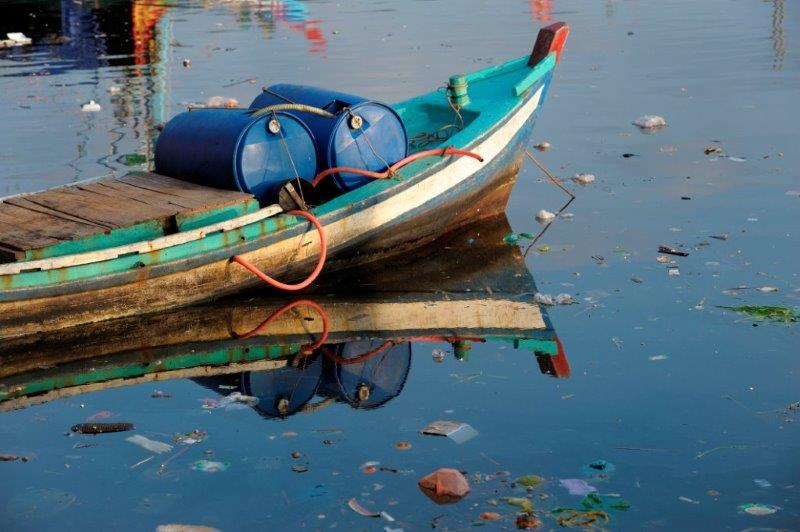FOR IMMEDIATE RELEASE
ACS News Service Weekly PressPac: July 10, 2013
Discovery of the ‘Plastisphere’ — a new marine ecological community
“Life in the ‘Plastisphere’: Microbial Communities on Plastic Marine Debris”
Environmental Science & Technology
The masses of plastic debris that float over large areas of the world's oceans have become new ecological communities that scientists have named the "Plastisphere." Their report in the ACS journal Environmental Science & Technology suggests that these novel habitats in the North Atlantic Ocean may harbor potential disease-causing microbes.
Erik Zettler of the Sea Education Association, Tracy Mincer of the Woods Hole Oceanographic Institution and Linda Amaral-Zettler of the Marine Biological Laboratory explain that plastic has become the No. 1 form of ocean debris, causing serious concerns about its impact on the health of ocean communities. The damaging effects that plastic in the oceans have on fish, birds and other seafaring animals have previously been described in detail by other researchers. But scientists had yet to explore what plastic does to some of the smallest ocean inhabitants. Zettler, Mincer and Amaral-Zettler decided to find out.
They discovered that tiny organisms from algae to bacteria thrive on plastic debris, transforming it into rich “microbial reefs” that are distinct from communities in surrounding water. Though some inhabitants may be degrading the plastic, it still provides a relatively stable home for microbes. Apparently a good home for its little residents, plastic debris might pose a health risk for invertebrates, fish or possibly humans. The Plastisphere harbors a group of bacteria called Vibrio. Some Vibrio species can cause illnesses, such as cholera, when they come in contact with humans.


